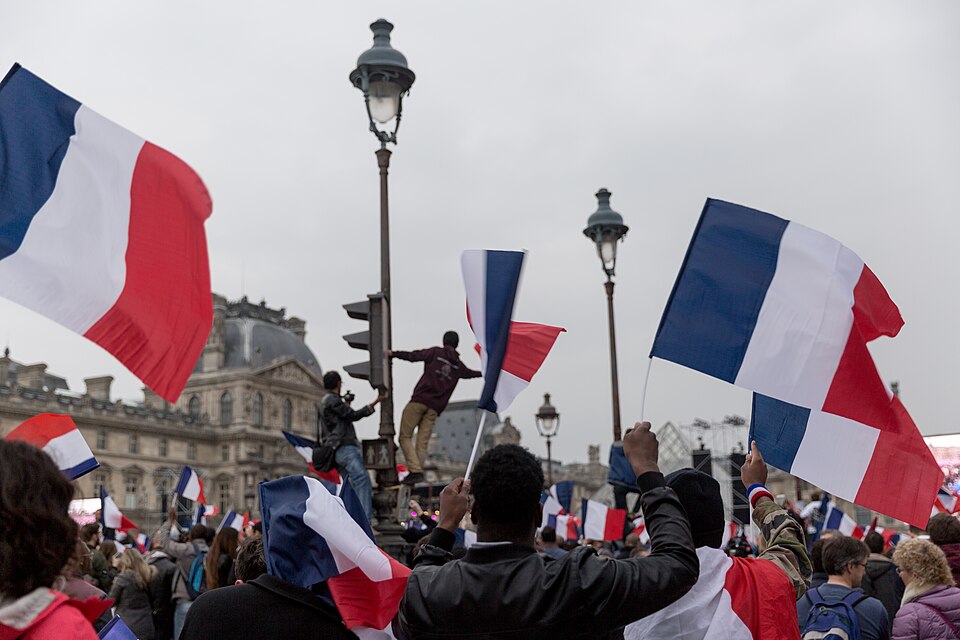A win-win deal
What if this crisis paved the way for a rapprochement between the left and the centre? It is only a possibility, a fragile, weak and uncertain one, but let us explore it because it might change things a lot.
Firstly, if the Prime Minister he has just reappointed were to be overthrown before the presidential and legislative elections in spring 2027, Emmanuel Macron would be forced to call early elections. The far right would emerge with a majority and the President would then be forced to resign or cohabit with a Prime Minister from the National Rally.
The President must do everything in his power to prevent Sébastien Lecornu from being overthrown before the 2027 deadline. This requires, secondly, reaching an agreement with the Socialists whereby they commit to ensuring that their votes do not allow a motion of no confidence to be passed.
This explains, thirdly, the ‘carte blanche’ that Emmanuel Macron has given to Sébastien Lecornu, the meaning of which is perfectly clear. The Prime Minister has the task and complete freedom to negotiate with the left an agreement that will prevent him from being overthrown.
This mission, fourthly, is by no means impossible, since the left obviously does not want to facilitate a victory for the far right and the conditions it is setting for an agreement with Sébastien Lecornu can be fulfilled.
The Socialists would commit not to overthrow the Prime Minister if they obtained at least a freeze on pension reforms, an increase in the purchasing power of employees and a contribution from the wealthiest families to the recovery of public finances.
With these three conditions, the Socialist Party could boast of having both ensured political stability and pushed through choices that are supported not only by left-wing voters. The Socialists would restore their image a year and a half before the elections. On the centre-left and centre-right, Emmanuel Macron’s future heirs could go to the polls having extricated themselves from the quicksand in which they have been sinking since the European elections.
It would be a win-win deal, but let’s take it a step further.
It would then not be unlikely that on the evening of the first round of the presidential election, this agreement of reason would place the centrist candidate ahead of the right-wing candidate and the socialist candidate ahead of the radical left-wing candidate. Whether centrist or socialist, the better-placed of these two candidates would face the National Rally in the second round, and everything would encourage the centre and the left to agree on stepping back in the favour of the other one, or even to agree on a government programme.
A candidate representing a union of the centre and the left would face the candidate of the far right. The new dynamic would shift sides and the victory of the RN – which seems almost guaranteed today – would become more than uncertain.
This carte blanche brings with it a dynamic that could reshape the French political landscape. When faced with the far right, it could create the structure of “a democratic camp”, but unfortunately, nothing is certain.
It remains to be seen whether the socialists know how far they can go with their demands and whether the Prime Minister can make enough concessions to convince them to reach an agreement. Nor is it certain that Emmanuel Macron will be willing to give his Prime Minister a free hand. Above all, it is by no means certain that the centre and the Socialists will be able to use the eighteen months of stability they could offer France to prepare the joint proposals they would need to run together in the second round.
Nothing is decided yet. Everything remains to be done, but this crisis has opened up a range of possibilities.
Photo: Lorie Shaull @Wikimedia Commons





